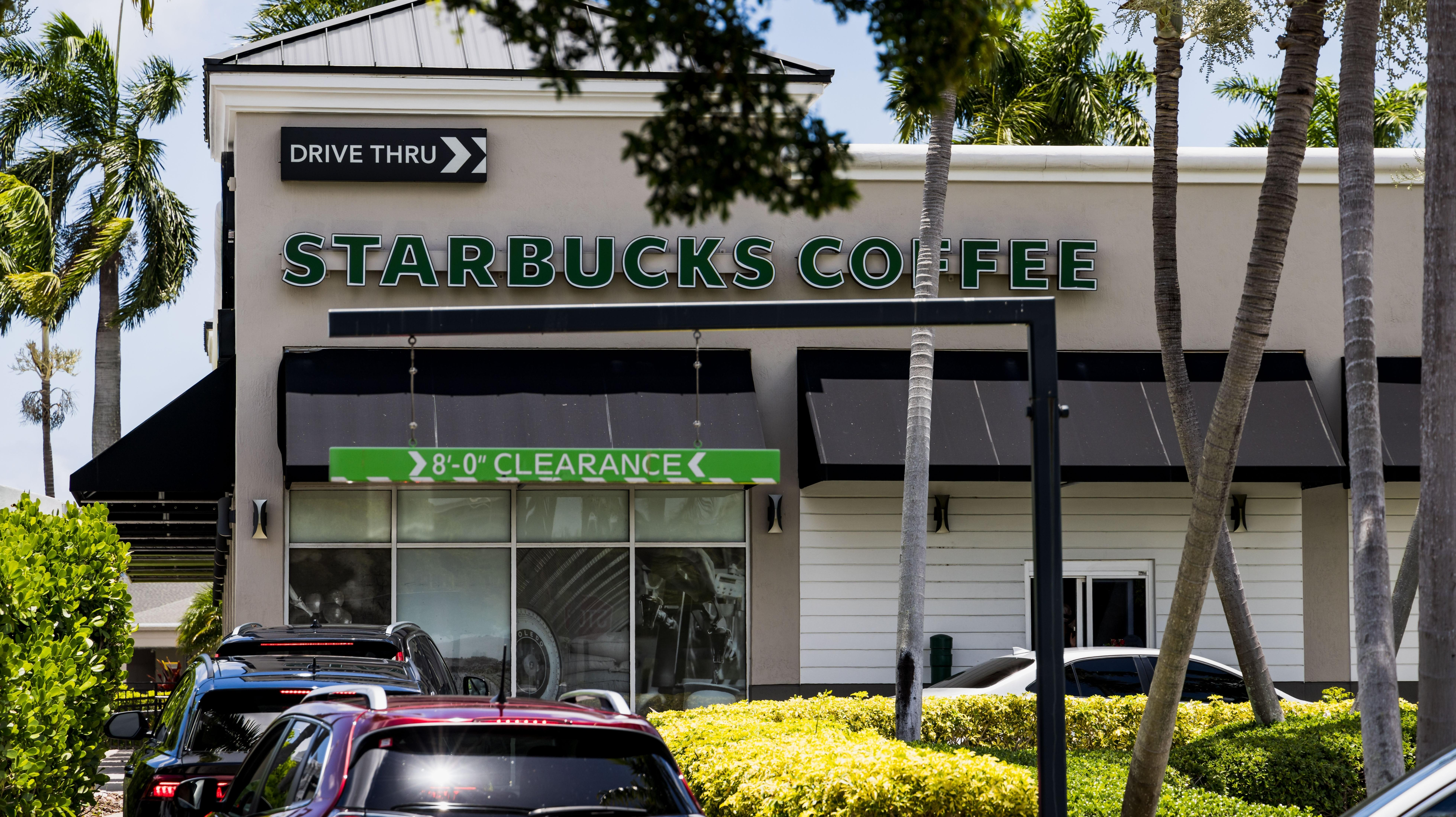The Drive-Thru Is The Antithesis Of City Living, Planners Say
Congested drive-thru lanes create problems in densely populated urban areas.
Chicago has a population of 2.7 million people, and I happen to be one of them. While I have a car, I only use it for infrequent trips to the store (my arms have previously been humbled by carrying too many groceries) or to see my family out in the suburbs; most of the time I'm on public transit or on foot. Because of my neighborhood's easy access to several chain restaurants, when I conduct my fast food taste tests, I almost exclusively walk. And every time I approach the front door, I can see how long the line of cars at the drive-thru has grown.
I'm not alone in noticing this. Some city planners are hoping to change the way drive-thru lanes shape the environment by stopping their construction altogether.
Some cities have already banned fast food drive-thrus
The fast food industry as a whole has a rosy outlook about drive-thrus, believing them to be the future of the business. Plans for new chain restaurant locations include everything from extra drive-thru lanes to more efficient pickup spots to AI-assisted ordering. But depending on the region, all of that might be for naught. CNN reports that some cities are working to ban the construction of new drive-thru lanes, a fast food feature that critics point to as a scourge on densely populated areas.
According to experts, there's a lot at play here. In urban environments, drive-thrus are positioned in busy areas on purpose (after all, they want to catch you on your way to work), which makes them extra hazardous for pedestrians. You can also imagine what sort of accidents occur when people try to turn left out of a drive-thru exit on a really busy stretch of road.
They're not healthy for local businesses either. Part of the marvel of a city is being able to support local shops with repeat business and take advantage of all the useful services right nearby. But if drive-thru customers simply swing by a neighborhood to grab a Big Mac and leave, they're not sticking around to contribute to the local economy, and the drive-thru might even degrade the experience for those who choose to do so.
The first city of over 400,000 residents to ban the construction of new drive-thrus was Minneapolis, in 2019. Part of the reason for the ban was emissions concerns, yet another issue that arises from frequent drive-thru use. Other cities have enacted similar bans, including (among others) Creve Coeur, Missouri, and San Luis Obispo, California, the latter of which instituted the ban way back in 1982.
Atlanta might ban fast food drive-thru construction, too
Atlanta lawmakers will decide by vote later this summer whether to ban new drive-thrus in the popular BeltLine area. The decision comes amid concerns over pedestrian fatalities: Since 2015, 14 pedestrians have died in the area and 57 were seriously injured, with over half of those fatal accidents occurring within the past two years.
There haven't been any public conversations about this in Chicago just yet, but I wouldn't be surprised if the discourse made its way here soon. We have plenty of drive-thrus, and it's worth questioning how many more we actually need.
